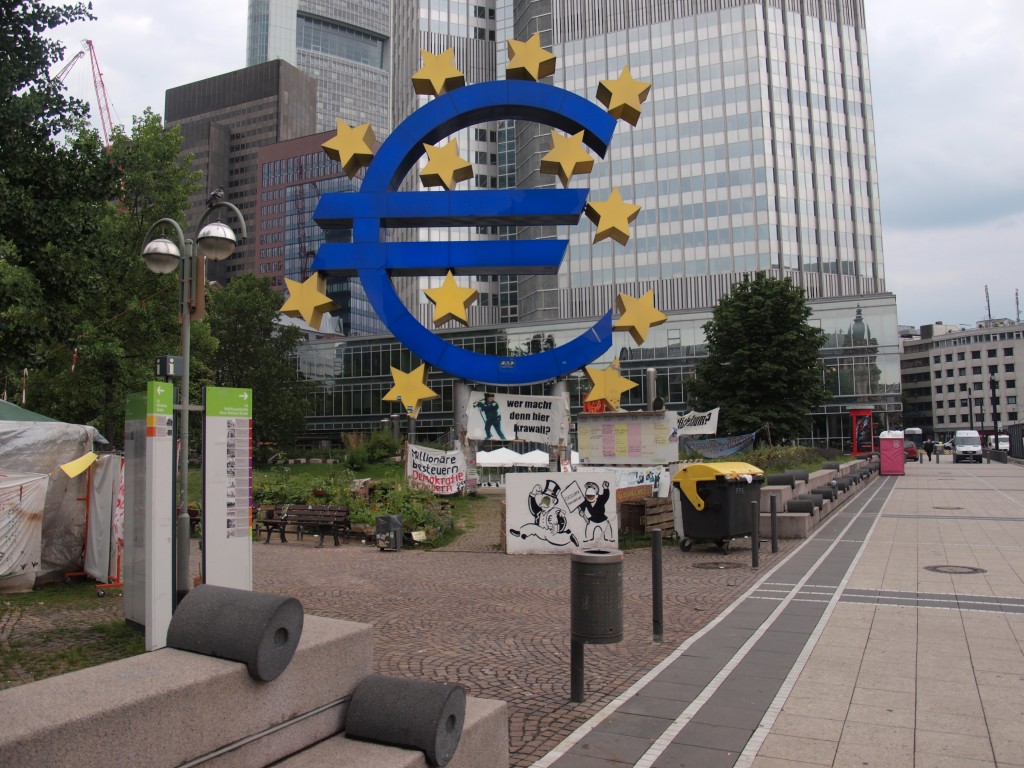
Еuro Оutlook: What Is Next for Bulgaria
In the past weeks, the convergence reports of the European Commission and the European Central Bank were published. The result for Bulgaria is expected - the inflation rate is higher than the reference value and therefore the country does not meet this Eurozone membership criterion. In practice, this puts an end to the question of whether the country can adopt the euro on 1 January 2025 - no, there is no such possibility.











